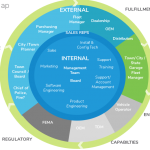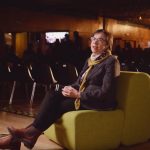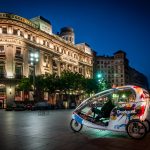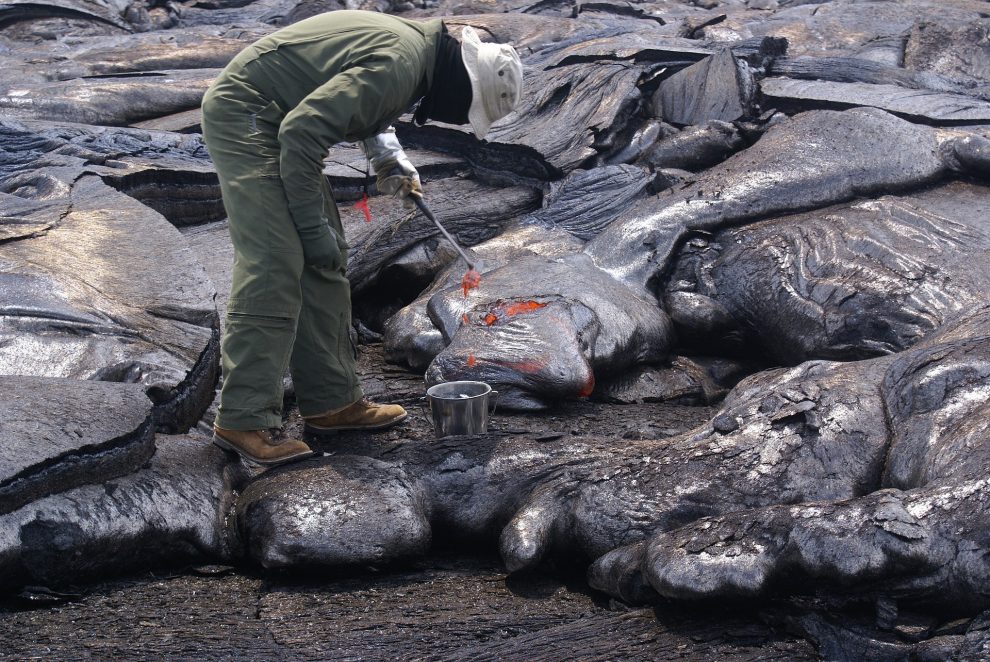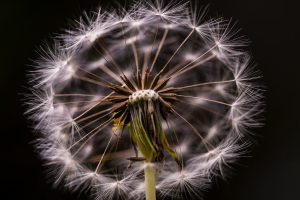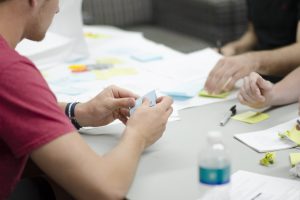Skype a Scientist, the brainchild of founder Sarah McAnulty, helps connect students with scientists directly often on location in their various fields. The students benefit from a type of virtual field trip. They can ask questions not only about the scientist’s field but also may be spurred to ask questions about the surroundings and activities they are viewing through skype.
Other times, students may just have question and answer sessions that are spontaneous real life examples of subjects they are studying in the classroom, helping to better cement their learning through real life examples.
Skype (or other remote tools) means scientists and students can maintain their schedules without transportation needs – or those field trip permission slips! The commitment is easier to schedule for scientists and easier for schools to set up. When scheduling is simple, efficient, remote and limited to a 30-60 minute time commitment, it also means students can be connected with a larger pool of scientists. Classrooms can even be paired to scientists of ethnic or socioeconomic groups that match those of the students. The result helps students understand more of vast potential of careers under the umbrella of “scientist” and what exactly different scientists do. Students may also be able to self identify with their scientist matches giving students a chance to see that someone a lot like them went into a fascinating field and so can they.
McAnulty is a PhD candidate studying the microbiomes of squid at the University of Connecticut.
Last year, McAnulty said the program connected 800 classrooms in 28 countries. So far the program has been used in every US state. For the Autumn, 2017 term, over 500 classrooms have already signed up. Classrooms vary from urban to rural areas offering the opportunity to connect any classrooms to the most remote areas and locations of study.
That connection means students are better able to understand not just specifics of chemistry, for example; but also see how a chemist might study the makeup of volcanic flow, or how a microbiologist observe glacial extractions. The classrooms could be some of the first audiences to great discoveries as well as understand a wider view of the fields and applications of their study of “science.”



